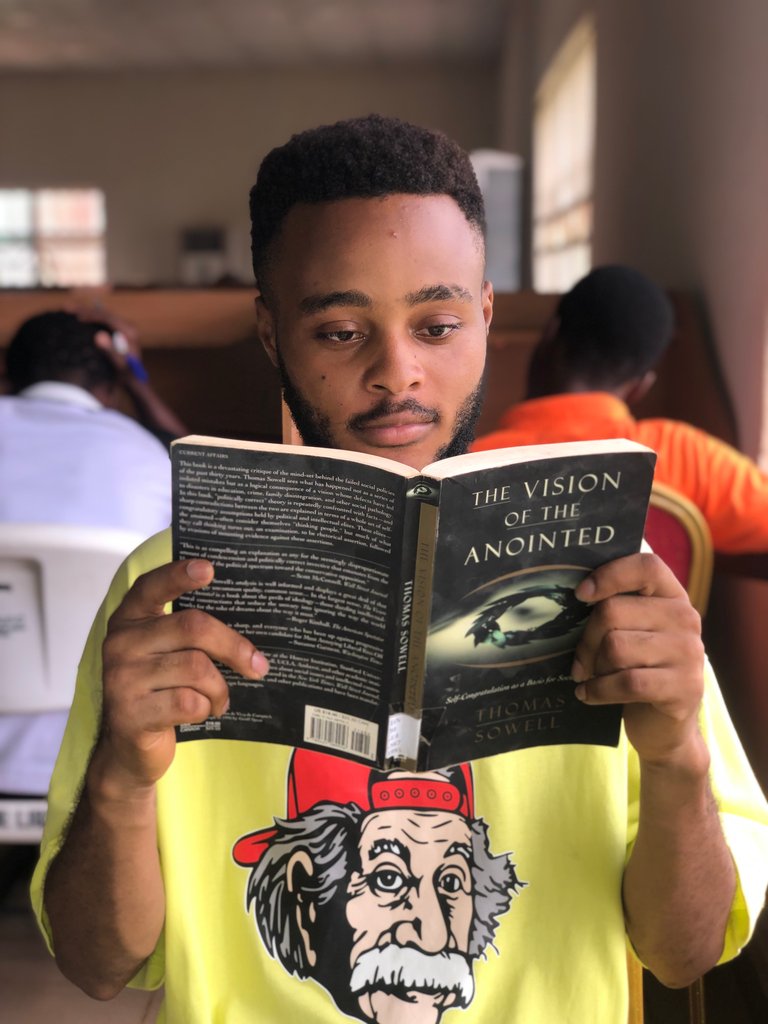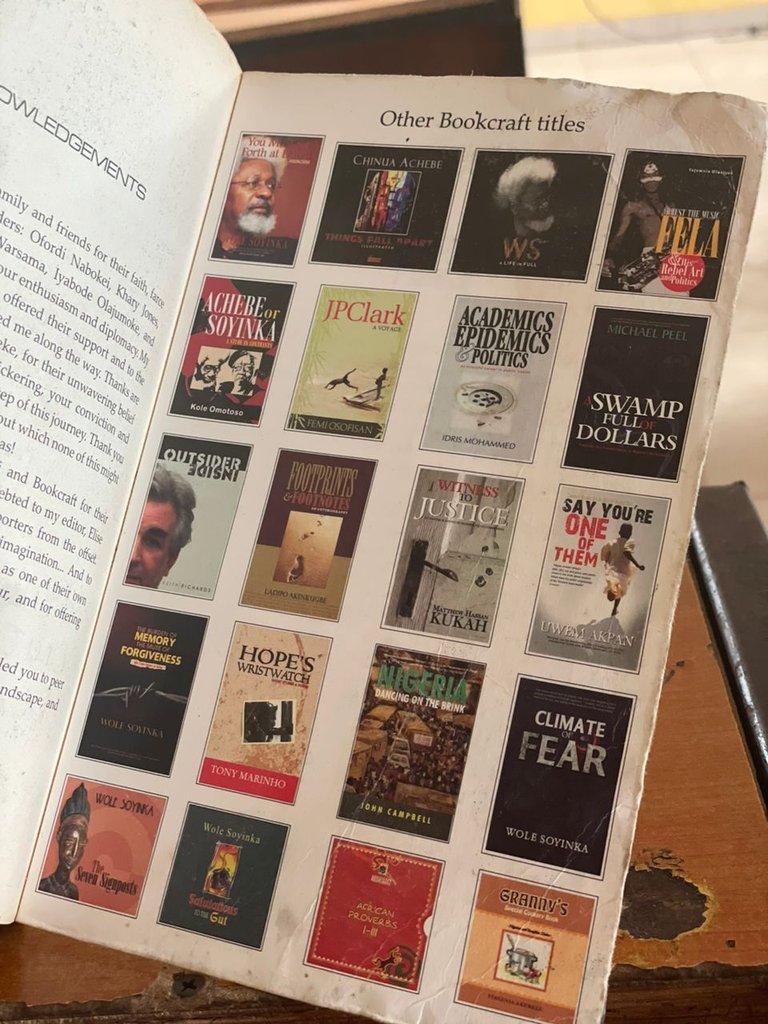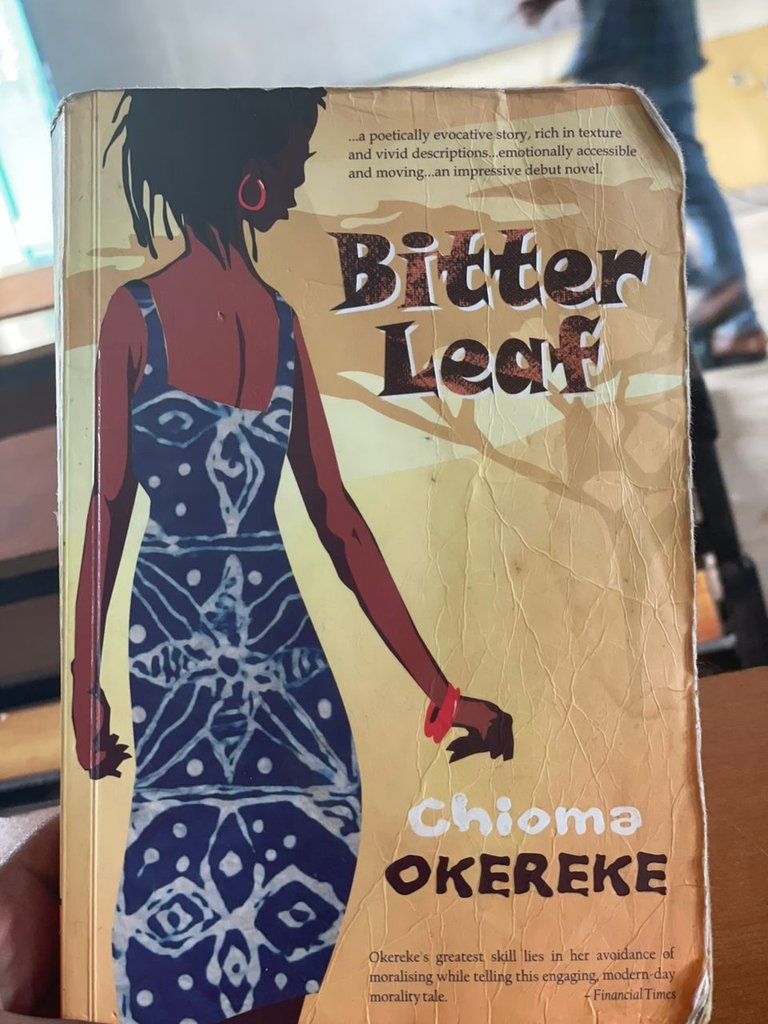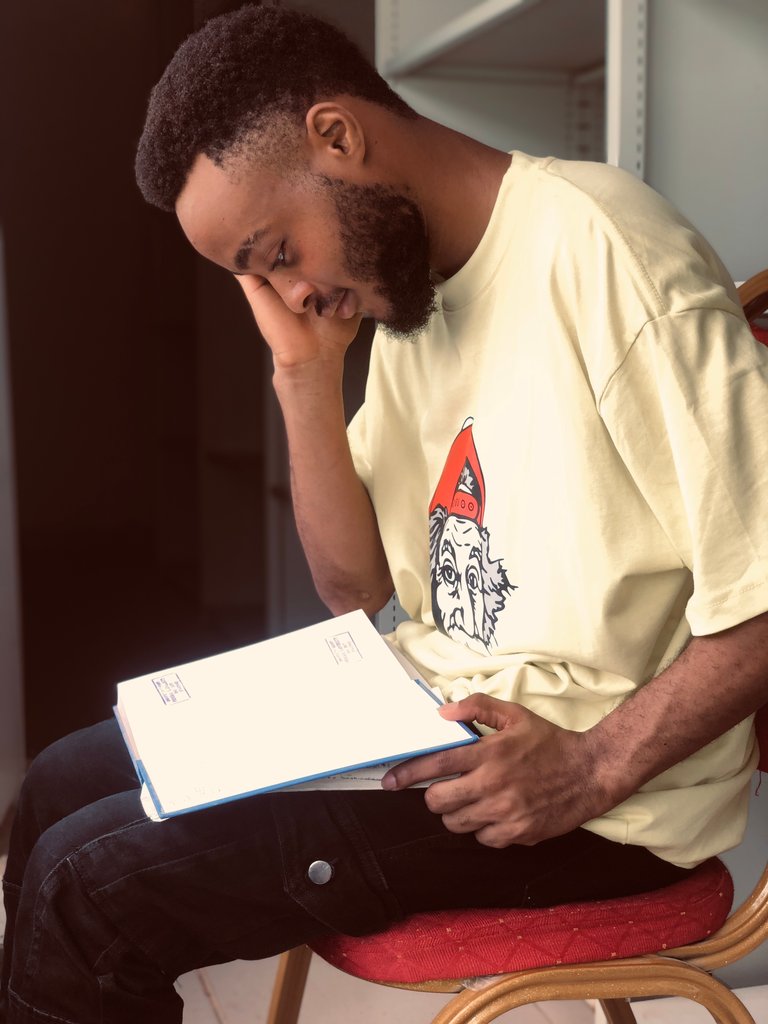
I have been a huge fan of books for as long as I can remember. While I can't exactly pinpoint the exact moment I fell in love with reading, I can say for sure that books have been a constant companion since my childhood. Over the years, I have explored various genres; buying books and diving into Ebooks, devouring pages, scrolling through the screen as I squint my eyes, and scribbling notes. I have come to realize something interesting about my reading habits. Just like the wind, they are interestingly unpredictable. One day, I'm all into romance novels, and the next day, I'm craving adventure stories. Last year, I was swooning over Greek myths. My friends and I devoured every book we could find on this genre. Who knew that one day my love for Greek myth would come to a pause? Where did all the love and talks about Oedipus, Polyphemus, the one-eyed giant, Orestes, and the like go? This year, I haven't picked up a single Greek myth book. Just like the earth, my love for books is not static as it is always on the move, never staying in one place for too long.

One interesting thing about me is my passion for looking at things beyond the surface level, mostly books. I am a literature student (a good one at that), and it is not surprising that I have developed a solid interest in analyzing and critiquing books beyond the surface level. I have realized that books (literature) don’t have the power to DO things in society. Simply put, books don’t have the power to bring about change or impact in society. No, they don’t work that way. It is important to note that “books” do not work in a cause-effect manner.
Have you ever stopped to consider whether books truly DO anything in society? Some might argue that books have taught them about their culture, religion, and history, but is that really DOING anything? Yes, I agree that prose, poetry, and drama help us understand our history and culture, but does that bring about tangible actions? For example, if you argue that one of the books DO is that they help us learn about our culture and history, how has this knowledge helped to solve the problems of poverty, hunger, and corruption? Again, books are not designed to work this way.


Books do not have the power to bring about practical effects in society. Not That Woman by Tosin-Jobi Tume is a play by a Nigerian writer. It explores the themes of female oppression and gender inequality. Do you think staging this book will immediately solve the issue of female oppression and gender inequality in Nigeria? Or if a play like Harvest of Corruption by Frank Ogodo Ogbeche examines the issue of corruption, you seem to think that merely staging the play means that corruption will automatically vanish? The fact that a book explores contemporary societal issues, does not mean it will automatically eradicate them. Books do not work that way.

However, this does not mean books do not DO anything. They DO things in a quiet, rather than cause-and-effect way. When it comes to culture, it is true that books help preserve the authenticity of cultures. But, it should be noted that it does this in a simple and quiet way. Books explore and present to the audience the complexities of society. Books show us the good and bad parts of society, helping us understand different aspects of human feelings, pain, and struggles. They make us think about important issues and help us understand different perspectives and opinions. Through stories and characters, books reflect the world we live in.
Summarily, books are not designed to bring about immediate changes. They do not work that way. Books are reflections of society, not solutions to its problems.
Note: All images in this post are mine.
Thanks for reading.